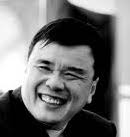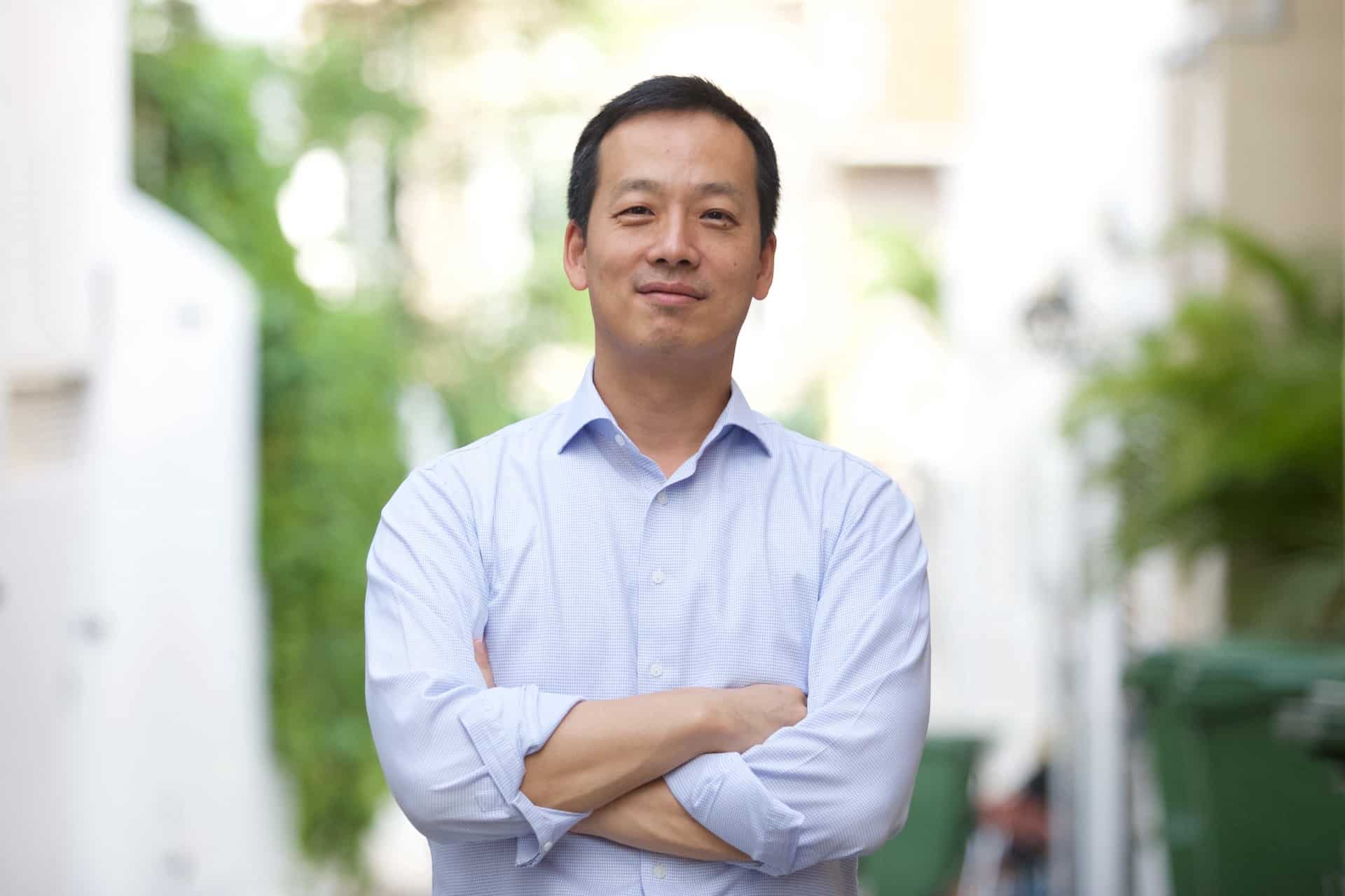
The work of humility is a quest for one’s true self, saving us from blind ambition and self-delusion, writes Canon Terry Wong. Photo by Elijah Hiett
O Lord, my heart is not lifted up; my eyes are not raised too high;
I do not occupy myself with things too great and too marvellous for me.
But I have calmed and quieted my soul, like a weaned child with its mother;
like a weaned child is my soul within me.” (Psalm 131:1-2)
I can still remember vividly how the words of Psalm 131 spoke out to me during one of my morning devotions. It sustained me during a heady period of involvement in the work of Global South and Communion work in the period post-2003, speaking to me continuously as our small diocese grappled with complex issues.
The things were definitely “too great and too marvellous for me” and I had to find freedom from being over-occupied with the politics.
Humility kept me “saint and sane”
I had felt during this period that this sense of deep inadequacy was important, of “letting go”, that these affairs may not crush my spirit and affect my work as a vicar then, which relatively, seemed so small, so local and yet, was my saving grace during that period.
The work of humility is a quest for one’s true self.
I can remember having to give a sermon in one of the services after organising a very eventful conference where I found myself caught in the middle of an ecclesiastical storm. I was emotionally so depleted that I felt that if the Lord had not helped, I would have nothing to say to that small congregation.
Then, and many times since then, I have known humility as a precious gift that has kept me “saint and sane.” I don’t think that one can ever attain this elusive gift. It is a very deepening cry for more of it and in turn, the cry is an experience in and of itself (thus, the title of this article).
St Paul phrased it in another way in Romans 12:3: “I bid everyone of you not to think of himself more highly than he ought to think, but to think with sober judgment….” St Francis of Assisi used to say: “What a man is before God, that he is and no more.”
Humility elevates others
The work of humility is a quest for one’s true self, saving us from blind ambition (ambition of the will) and self-delusion (presumption of the mind). If God “raises the humble and despises the proud” (See this amazing set of repeated quotes throughout the Bible: Psalm 138:6; Proverbs 3:34; Proverbs 29:23; Matthew 23:12; Luke 1:52; James 4:6; 1 Peter 5:5), this is because humility brings a person closest to the truth.
Freeing us from egoism, humility lowers us to elevate others.
“What have you that you did not receive?”, as Paul cries out in 1 Corinthians 4:7. And he went on to say: “If anyone thinks he is something when he is nothing, he deceives himself.” The Bible leads us to this sense of pure nothingness, that we may be able to “count others better than yourselves” (Philippians 2:3).
Freeing us from egoism, humility lowers us to elevate others.
Jesus did not just stop at teaching self-humility. He moved to serve others (washing feet). Then He embraced humiliation. He went from the upper room to the cross. It is one thing to think to ourselves that we are lowly, quite another when others think we really are!
Finding true freedom
To allow others to tell us the truth about ourselves – through rebukes, corrections and criticism, to the point of humiliation – is to find true freedom. To the Pharisees, Jesus said, “How can you believe who receive glory from one another and do not seek the glory that comes only from the only God” (John 5:44).
In refusing to seek glory from others, we save ourselves from “vainglory”, an old English word which has gone out of fashion these days. St Paul said: “To keep me from being too elated … a thorn was given me.”
Humiliating experiences bring us closer to the truth.
Humiliating experiences bring us closer to the truth.
And St Paul went even further when he said we should complete his joy by being of the same mind as Christ (Philippians 2:2-5). What mind?
In Philippians 2:8: “Have this mind among yourselves, which you have in Christ Jesus who … humbled himself.” Humility has now gone beyond the work of man to the work of God which we must imitate. “Learn from me for I am meek and humble of heart” (Matthew 11:29), words that can come only from a true Human Being.
So much needs to be said but within this limited space, we have tried to grapple with one of the best virtues that Christianity has given to mankind.
In our world today, this idea is still mocked at. In the different Asian cultures we grew up in, some of these core ideas don’t fit. In the church, we struggle with keeping the world out of the very value which Jesus has laid for us (Himself and literally) as our foundation.
May we constantly pursue this truth, a pursuit which in itself, is a partaking.
This article was first published in the weekly service bulletin for St Andrew’s Cathedral under the “Vicar Writes” column. More articles can be found on the St Andrew’s Cathedral website here.
Know the client who pushes all your buttons? It might just be God’s plan
Reflection and Discussion
- Spend some time remembering and basking in your identity in Christ. Consider the words of St Francis of Assisi: “What a man is before God, that he is and no more.”
- “Learn from me for I am meek and humble of heart.” (Matthew 11:29). How can you live out this value of meekness and humility more and more in your life?
We are an independent, non-profit organisation that relies on the generosity of our readers, such as yourself, to continue serving the kingdom. Every dollar donated goes directly back into our editorial coverage.
Would you consider partnering with us in our kingdom work by supporting us financially, either as a one-off donation, or a recurring pledge?
Support Salt&Light



